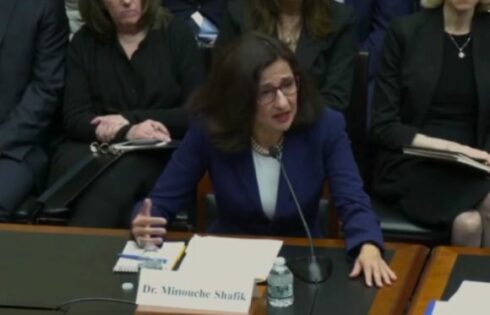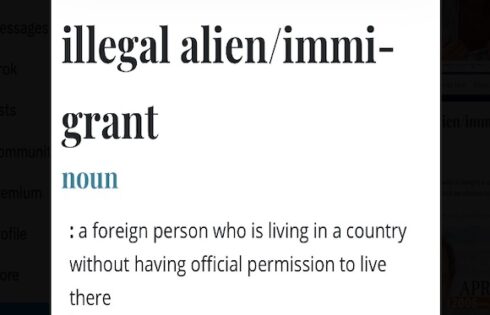
 The United States senator who wrote the federal Family Educational Rights and Privacy Act (FERPA) said the law was never intended to shield records about Student Government Association activities from the public.
The United States senator who wrote the federal Family Educational Rights and Privacy Act (FERPA) said the law was never intended to shield records about Student Government Association activities from the public.
“Frankly, I don’t think that kind of information entered into our calculus,” former U.S. Senator James Buckley of New York told The Crimson White when asked if student government records were outside the original intent of the law. Buckley served in the Senate from 1971 through 1977 and wrote FERPA (also known as the Buckley Amendment) in 1974.
Buckley’s comments came a week after the University of Alabama administration blocked a request for SGA records related to events leading up to the resignation of former SGA president Grant Cochran. Alabama officials said the records were protected from disclosure by FERPA.
In response, SGA Senator Brad Tipper plans to introduce a resolution at tonight’s senate meeting, requesting that the administration allow for the release of all documents relating to recent allegations of corruption in the SGA.
“The goal of this resolution is to help the process of restoring student confidence in the SGA’s ideals of transparency and honesty,” Tipper said. “We want to show the students that we are still working for them and for their voice, even amid controversy. It is our hope that the Alabama administration will hear our request and allow for the disclosure of these documents.”
Jim Bradshaw, a spokesman for the United States Department of Education, the federal agency responsible for enforcing FERPA, said universities have discretion in deciding whether or not records maintained by a student government are considered educational records protected by FERPA.
“We have not issued specific guidance on whether records created by a student government association are considered education records,” Bradshaw said. “Until such time as we do issue guidance on this issue, we generally leave it up to the school to determine whether these types of records fall under the definition of education records and thus can be released.”
When asked for comment, Alabama spokeswoman Deborah Lane did not provide an explanation for why the administration determined the SGA records related to Cochran’s resignation fell under the umbrella of FERPA.
“That does not sound like an educational record to me,” Buckley said. “[This situation] is not the educational record; it’s what the kids do outside of the classroom.”
He later specified that whether or not the documents can be released would ultimately depend on whether they fall under the statutory definition of “educational records.”
Buckley said he wrote FERPA out of a concern for parents who couldn’t access their children’s educational records.
“My basic concern was roused by an article that appeared in Parade magazine in the mid-1970s, which focused on a huge problem that parents were having…trying to get information that was in school records about their children, and the schools refused to divulge it to them,” he said. “Nevertheless, a lot of that information was being used to channel a student to one class or another.
“One problem is this law was passed over 40 years ago, and all kinds of interpretations were added over time,“ he said. “I do know college administrations have played a lot of games with it. There’s a lot of stonewalling going on.”
Buckley, a graduate of Yale University and Yale Law School, later served on the United States Court of Appeals for the District of Columbia.
Frank LoMonte, executive director of the Student Press Law Center, said that while the University may have some discretion in defining educational records, state law leaves no discretion as to whether or not government records have to be released.
“The obligation to disclose government records is clear under state law,” LoMonte said. “Unless a document is exempt from disclosure, then the state has no discretion – if it has the record, it must disclose. I see nothing in the federal law, and the DOE now says it knows of nothing instructing colleges to withhold records created and kept by student governments. Since there is no such guidance, then it is abundantly clear that the university could disclose without any federal penalty.”
Ralph Smith is the opinion editor of the Alabama Crimson White. He is a contributor to The College Fix, and was a summer 2011 fellow.
Like The College Fix on Facebook / Follow us on Twitter



Please join the conversation about our stories on Facebook, Twitter, Instagram, Reddit, MeWe, Rumble, Gab, Minds and Gettr.